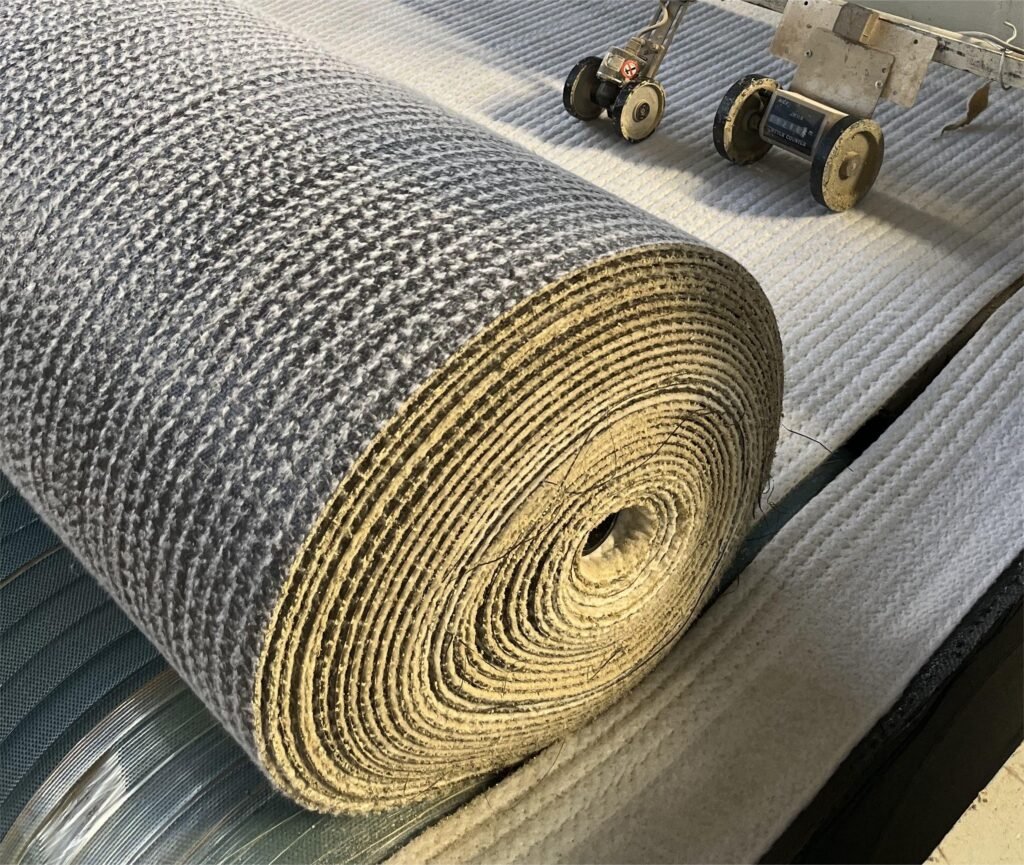Bentonite is a natural clay material that swells when it comes into contact with water. While bentonite can be an effective waterproofing material in certain applications, it has limitations when it comes to waterproofing in constant or submerged seawater conditions.

Bentonite-based waterproofing systems rely on the swelling properties of bentonite to create a waterproof barrier. When hydrated, bentonite forms a gel-like substance that can block the passage of water. This property makes bentonite suitable for waterproofing applications in soil, such as foundation walls or below-grade structures.

However, bentonite’s effectiveness depends on maintaining proper hydration. In the case of submerged seawater or constant immersion, the continuous exposure to water can eventually wash out or dehydrate the bentonite, reducing its waterproofing capabilities. The high salinity and erosive nature of seawater can accelerate this process.
In marine or seawater environments, other waterproofing methods and materials, such as specialized marine-grade concrete, epoxy coatings, or geosynthetic barriers, are typically preferred. These materials are designed to withstand the harsh conditions and provide long-term protection against water intrusion. It’s essential to select materials specifically engineered for the challenges posed by seawater exposure when dealing with underwater or marine construction projects. That is why we developed the HDPE coating geosynthetic clay liners GCL-4 as a new product and also we have developed a new type of bentonite with polymer.


